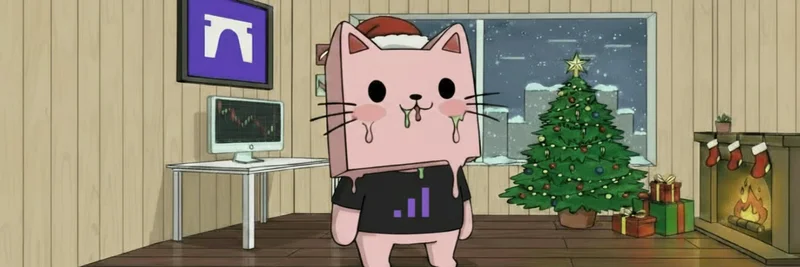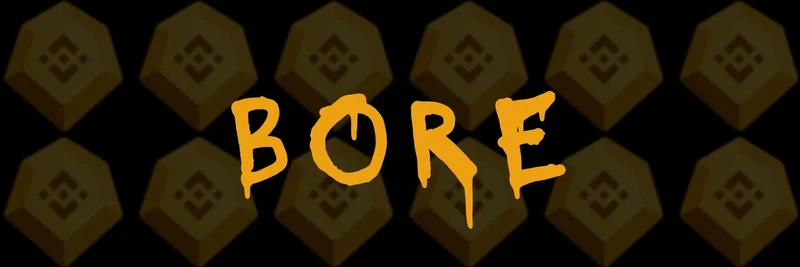Meteora AG, a key player in Solana's DeFi ecosystem, is tightening up its Dynamic Bonding Curve (DBC) protocol to make it harder for shady operators to manipulate markets. In a recent tweet from co-lead Soju, the team announced potential new minimum trading fees of 0.25% or 0.50% on bonding curves. This move aims to slam the door on wash trading— that sneaky practice where traders buy and sell the same asset repeatedly to fake high volume and attract unsuspecting buyers.
If you're not familiar, wash trading is like pumping up a balloon with hot air; it looks impressive but pops easily, often leaving retail investors holding the bag. By enforcing these fees, Meteora makes it cost-prohibitive for bad actors to create pools and artificially inflate activity, which has been a growing issue in the wild world of meme token launches.
Understanding Meteora's Dynamic Bonding Curve
DBC is essentially a customizable tool for launching tokens with tailored price dynamics. According to Meteora's documentation, it's a universal virtual curve that lets creators define up to 16 segments to shape how a token's price moves as supply changes. This flexibility has made it popular for meme coins, where hype and rapid price swings are part of the appeal.
Think of it as a programmable launchpad: instead of a flat price, the bonding curve adjusts automatically based on buys and sells, providing liquidity from the get-go. It's built on Solana for speed and low costs, but that same low-friction environment has invited exploits like zero-fee wash trading pools that distort data and mislead traders.
The Guardrails: What Changes Are Coming?
The proposed minimum fees—either 0.25% or 0.50%—would apply directly to trades on the bonding curve. Soju emphasized that while DBC's customizability is a strength, it's time for some boundaries to keep things fair. "Makes it impossible for bad actors to create pools -> wash trade them," the tweet states plainly.
If this tweak impacts your projects, the team invites you to reach out directly. It's a proactive step, likely in response to recent complaints about contaminated data from ultra-low-fee pools, as noted in community replies.
Community Reactions to the Announcement
The tweet sparked quick feedback from the crypto crowd. One user, @879_879_, praised it as a "good choice," pointing out how malicious transactions in 0.01% fee pools have been messing with analytics. @KalindroDB echoed the need for guardrails, saying no serious trader filters in "raw" Meteora DBC pools anymore due to the risks.
Not everyone's fully on board, though. @billy_aiguy questioned if a bit of wash trading isn't just "part of the game," asking for more details on how this keeps things authentic. And @king_jeeter simply asked, "wen checker?"—crypto slang for "when" something drops, perhaps referring to a tool to verify pool integrity.
Overall, the sentiment leans positive, with folks recognizing that cleaner data means better decision-making for everyone in the meme token space.
Why This Matters for Meme Token Enthusiasts
For meme coin creators and hunters, this could be a game-changer. Wash trading has plagued platforms like Pump.fun and others on Solana, where fake volume lures in FOMO-driven buyers only for rugs to pull. By curbing this on DBC, Meteora is fostering a more transparent ecosystem, which aligns perfectly with the spirit of fair launches.
It might slightly increase costs for legit users, but the trade-off is worth it: more reliable volume metrics, less manipulation, and ultimately, stronger communities around genuine projects. As Solana's meme scene continues to boom, tools like DBC with built-in protections could set a new standard.
Keep an eye on Meteora's GitHub repo for DBC for updates, and if you're building, dive into their SDK guides to stay compliant. In the fast-paced world of memes, staying ahead of the curve—pun intended—means adapting to smarter, safer protocols.




